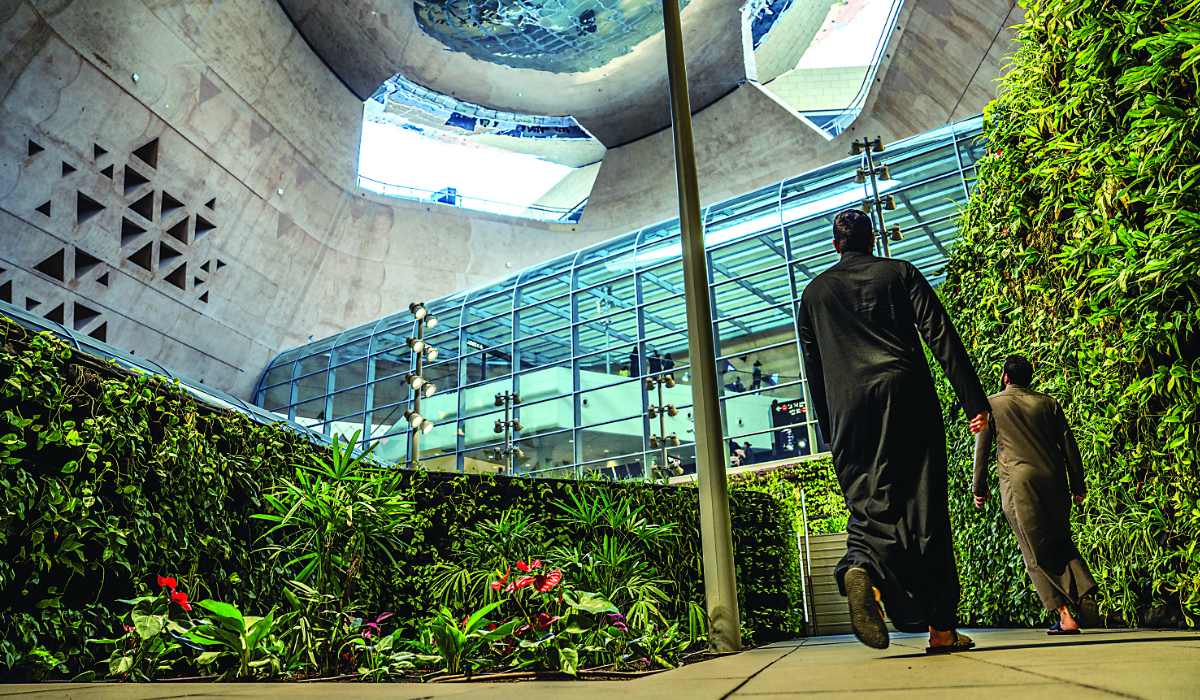DUBAI: Saudi Arabia's King Salman is leading a extraordinary meeting of the Group of 20 leaders (G20) where all delegates are putting social distancing to the extreme in a virtual conference, with all delegates dialling in from around the world.
The meeting will discuss steps how on to combat the coronavirus pandemic that has forced three billion people into lockdown and claimed more than 21,000 lives and crippled global economies.
(All times are GMT)
16:00 - Britain pledged on Thursday to contribute 210 million pounds ($253 million) to the international coalition to find a vaccine against coronavirus following a virtual summit of G20 leaders.
"My call to every G20 country and to governments around the world is to step up and help us defeat this virus," Prime Minister Boris Johnson said in a statement.
15:30 – The World Bank president, David Malpass said after the G20 summit eneded that his board is finalizing a package of coronavirus relief valued at up to $160 billion over the next 15 months.
"The goals are to shorten the time to recovery; create conditions for growth; support small and medium enterprises; and help protect the poor and vulnerable," Malpass said,
15:20 – Earlier, Chinese President Xi Jinping urged G20 countries to remove trade barriers in an effort to spur a global recovery after the economic shock of the coronavirus pandemic.
"Xi urged G20 members to cut tariffs, remove barriers and facilitate the unfettered flow of trade" during his remarks at the emergency online summit, the official Xinhua news agency reported.
15:15 – The International Air Transport Association (IATA) has urged in an open letter that the G20 act quickly to prevent irrecoverable damage to the airline industry that has been shaken by the coronavirus crisis.
"The spread of the COVID-19 pandemic around the globe and the resulting government-mandated border closings and travel restrictions have led to the destruction of air travel demand," IATA Chief Executive Alexandre de Juniac wrote in the letter.
15:10 – South African President Ramaphosa calls on richer countries to support the continent's economies via stimulus packages to mitigate the devastation caused by the coronavirus.
15:00 – Russian President Vladimir Putin says G20 countries need a common plan to support their economies and suggest creating a special fund under IMF control to fight coronavirus.
14:50 – The full text of the final statement can be read here:
14:35 –G20 leaders have released a final statement after their virtual summit in which they said:
* G20 nations to inject $5 trillion into global economy
* G20 will do whatever it takes to overcome coronavirus pandemic
* G20 is committed to presenting a united front against coronavirus
* G20 leaders are committed to restoring confidence, preserving financial stability, reviving growth and recovering stronger
* G20 leaders are committed to protect lives, safeguard jobs and income
14:00 - World leaders connected via video in a show of unity for the meeting chaired by King Salman on Thursday, some of which can be seen below. READ KING SALMAN'S ADDRESS IN FULL HERE.
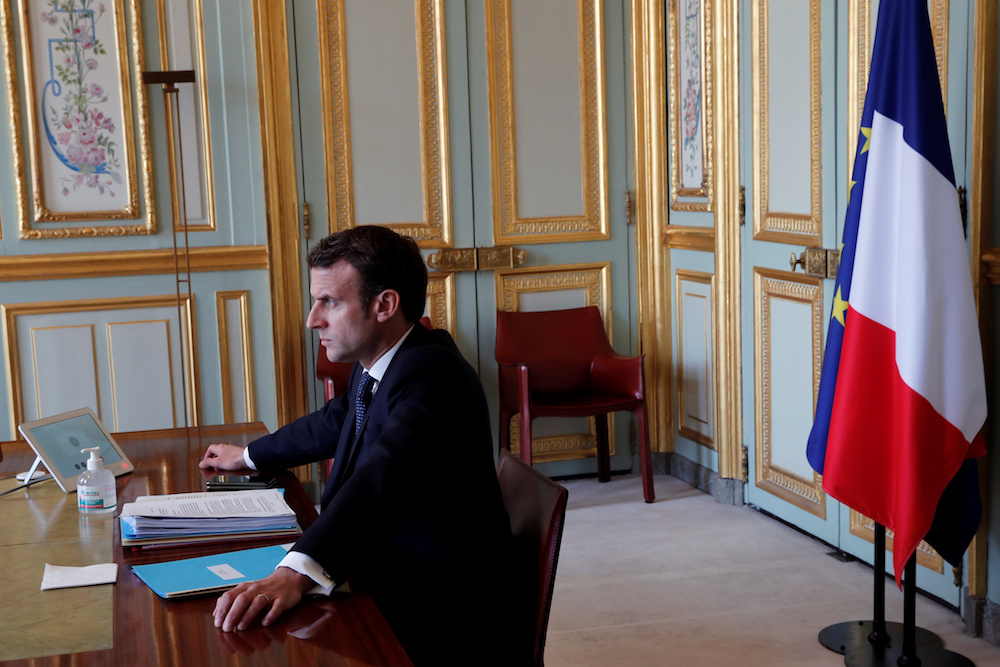
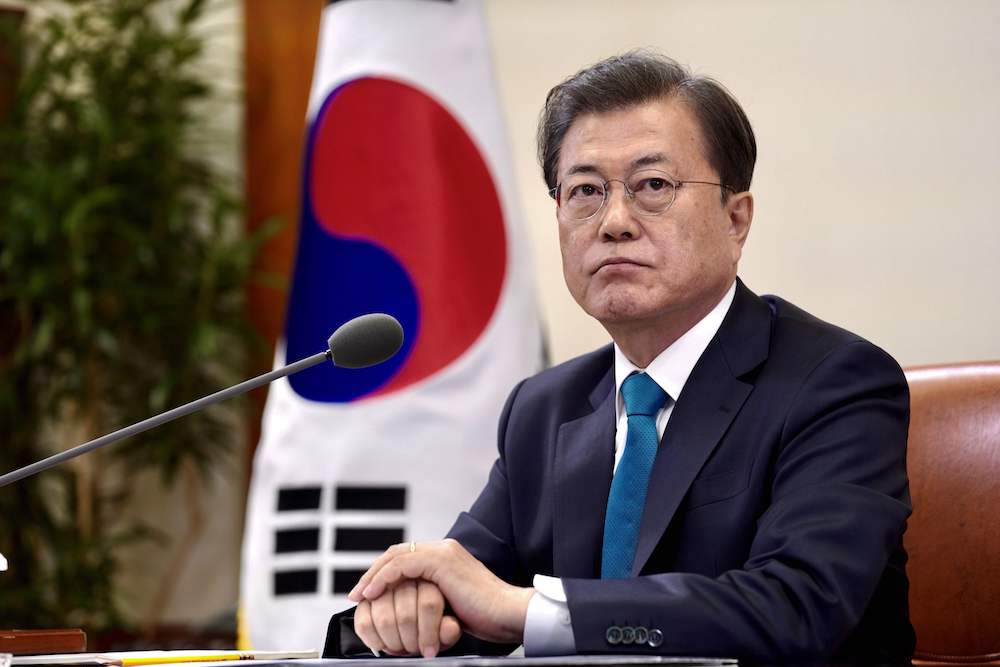
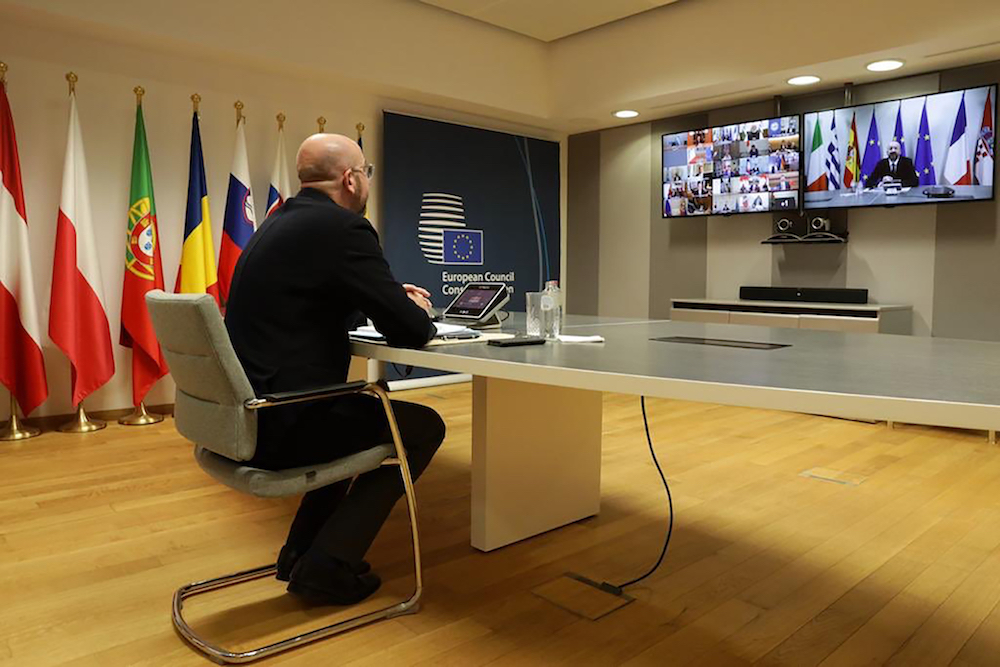
13:40 – Saudi Arabia's Foreign Minister Prince Faisal bin Farhan said the G20 extraordinary summit sent a message of solidarity to the world from Riyadh that we must work together to prevail over the coronavirus pandemic.
12:25 – King Salman told delegates in his opening speech that they all needed to take firm measures against the coronavirus crisis.
He offered his “sincere condolences” to those countries where people have died, and wished a speedy recovery to those who had the infection.
He added that the world was looking on the leaders of the Group of 20 nations to help combat coronavirus, which is crippling the world’s economy.
He said that the World Health Organisation had Saudi Arabia’s full support in its fight against coronavirus and will aid cooperation in developing a vaccine
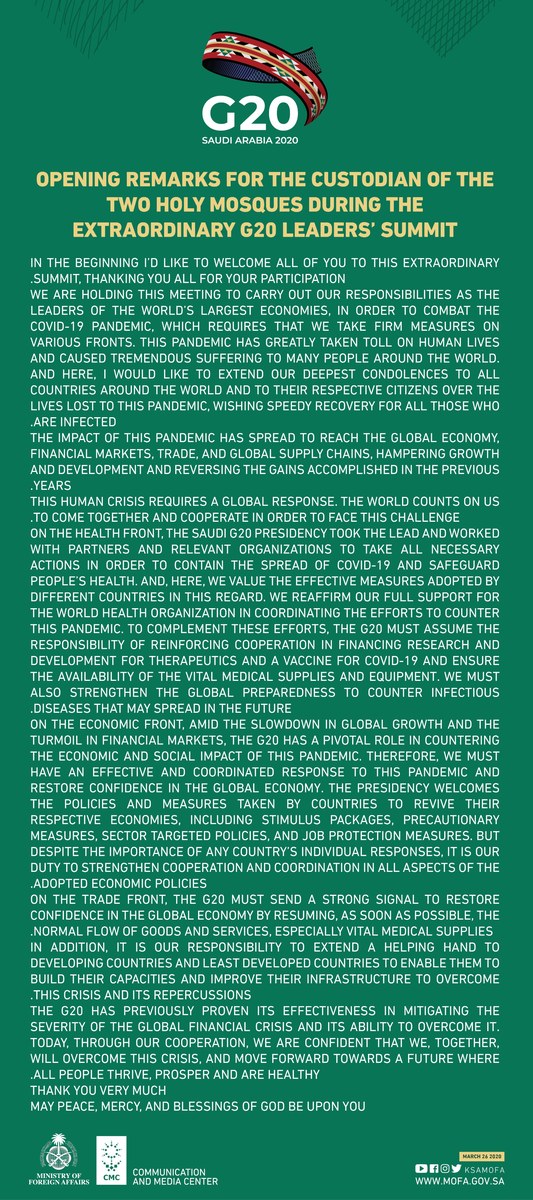
09:00 - A message is shared online from King Salman calling for the leaders to unite in the fight against coronavirus.








